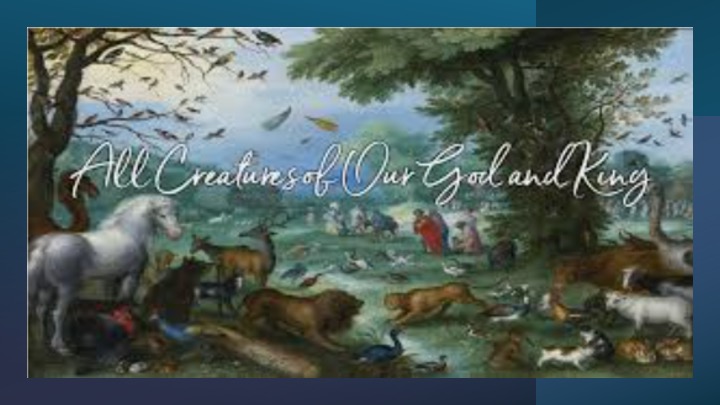Barabbas is mentioned in all four gospels of the New Testament: Matthew 27:15–26; Mark 15:6–15; Luke 23:18–24; and John 18:40. His life intersects that of Christ at the trial of Jesus.
Jesus was standing before Pontius Pilate, the Roman governor who had already declared Jesus innocent of anything worthy of death (Luke 23:15). Pilate knew that Jesus was being railroaded and it was “out of self-interest that the chief priests had handed Jesus over to him” (Mark 15:10), so he looked for a way to release Jesus and still keep the peace. Pilate offered the mob a choice: the release of Jesus or the release of Barabbas, a well-known criminal who had been imprisoned “for an insurrection in the city, and for murder” (Luke 23:19).
What happened to Barabbas after his release? The Bible gives no clue, and secular history does not help. Did he go back to his life of crime? Was he grateful? Did he eventually become a Christian? Was he affected at all by the prisoner exchange? No one knows. But the choices available to Barabbas are available to us all: surrender to God in grateful acknowledgment of what Christ has done for us, or spurn the gift and continue living apart from the Lord.

The book of Genesis establishes the foundation of worship as humanity’s response to God’s presence, authority, and provision. Before the Fall, Adam and Eve’s...

A hymn that was released in 1897 calls you to “count your many blessings, name them one by one, and it will surprise you...

After the birth of Christ, angels appeared to shepherds tending their flocks, and gave them the good news that the Savior of the world...